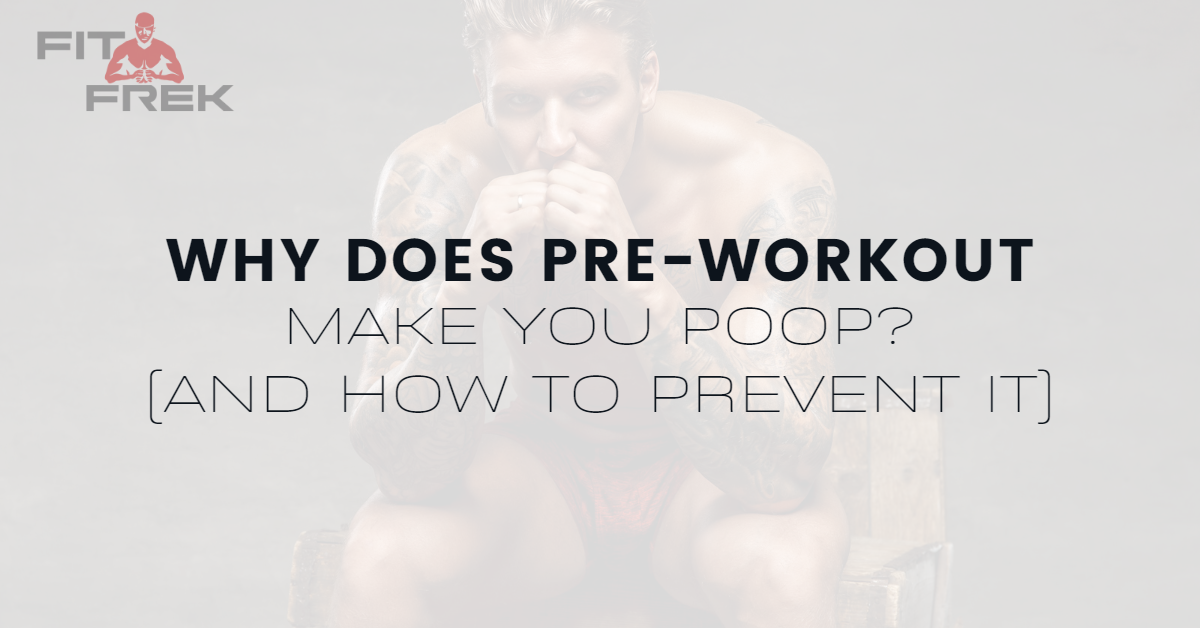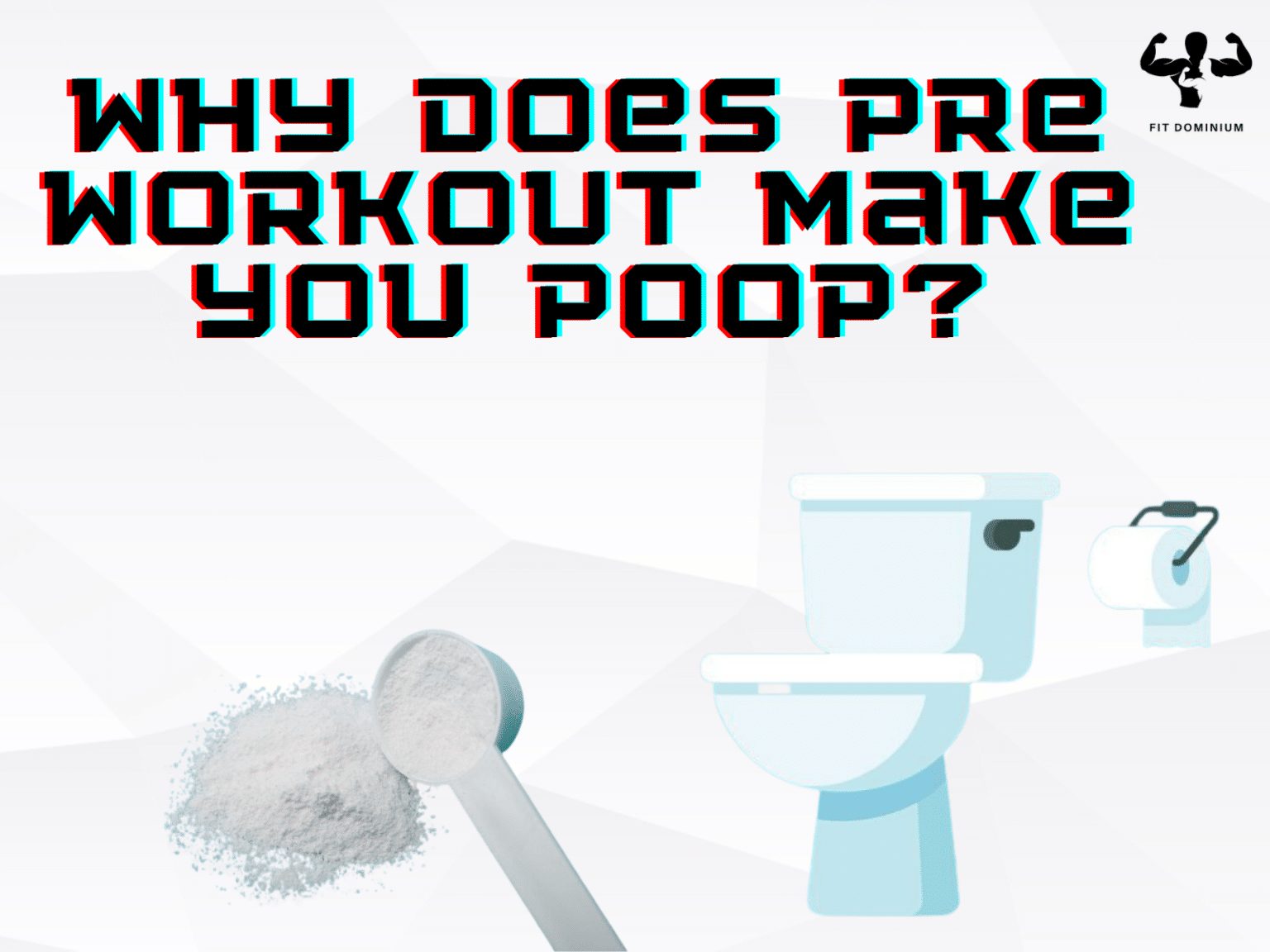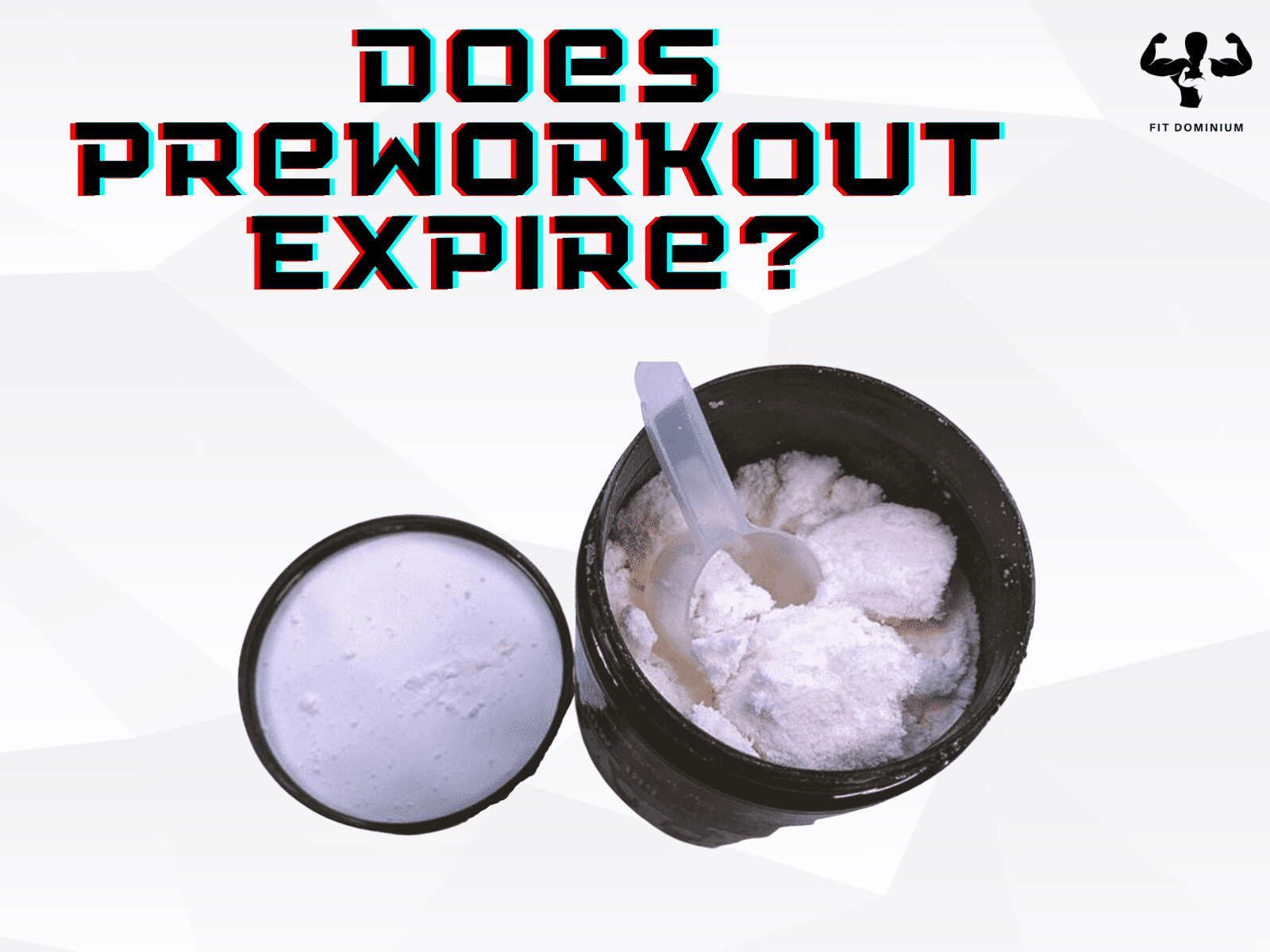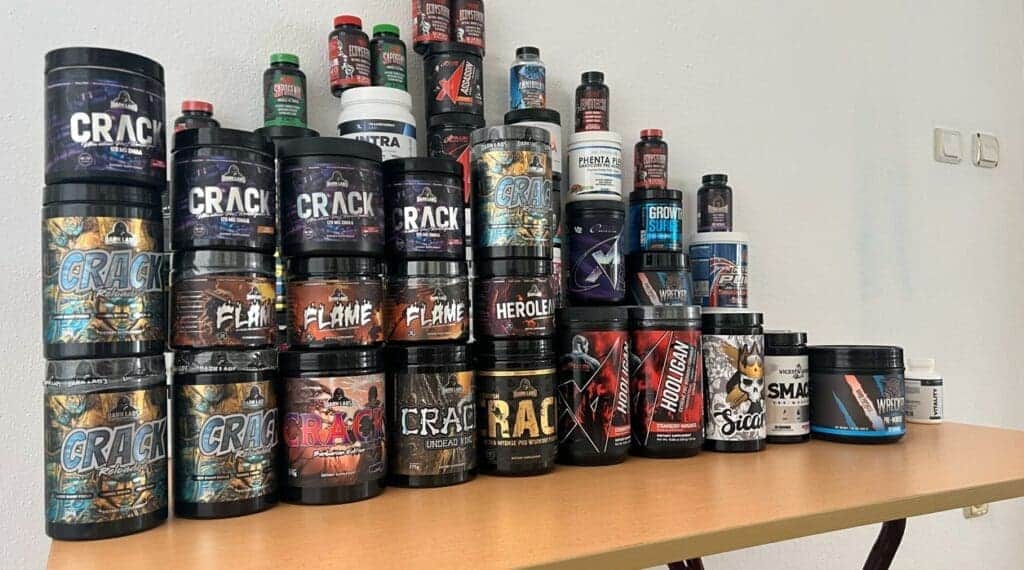Does Pre Workout Make You Poop

The alarm blares at 5:30 AM, still dark outside. You stumble towards the kitchen, the promise of a killer workout barely outweighing the urge to crawl back under the covers. A quick scoop of pre-workout into your shaker bottle, chug it down, and wait for the tingling, the energy, the focus. But then, a different sensation hits – a rumbling in your stomach, a sudden, urgent need to find the nearest restroom. Is it just you, or does pre-workout always seem to trigger this… unfortunate, yet oddly common, side effect?
This article explores the somewhat taboo, yet very real, question: Does pre-workout make you poop? We’ll delve into the ingredients commonly found in these supplements, explore the science behind their effects on your digestive system, and offer some tips for managing, or even avoiding, this pre-workout pitfall. Prepare to unpack the mysteries of your gut and your gym routine.
The Culprits: Decoding Pre-Workout Ingredients
Pre-workout supplements are designed to boost energy, enhance focus, and improve performance during exercise. They often contain a cocktail of ingredients, each with its own intended purpose. However, some of these ingredients can also wreak havoc on your digestive system, leading to that familiar pre-workout poop.
Caffeine: The Jittery Jumpstart (and Gut Stimulant)
Caffeine, a central nervous system stimulant, is a staple in most pre-workout formulas. It’s responsible for the energy boost and increased alertness that many users crave. But caffeine also stimulates muscle contractions in the digestive tract.
This stimulation can accelerate bowel movements, leading to urgency and, well, you know. Furthermore, caffeine has a mild diuretic effect, which can contribute to dehydration and potentially further disrupt bowel regularity.
Artificial Sweeteners: A Sweet Deception for Your Gut
Many pre-workout supplements utilize artificial sweeteners like sucralose, aspartame, or sugar alcohols to enhance flavor without adding calories. While these sweeteners might seem like a healthy alternative to sugar, they can be difficult for some people to digest.
These sweeteners can draw water into the intestines, leading to diarrhea or loose stools in susceptible individuals. Furthermore, some artificial sweeteners can alter the gut microbiome, potentially leading to digestive discomfort.
Magnesium: The Muscle Relaxant (and Bowel Loosener)
Magnesium is often added to pre-workout supplements to help with muscle function and recovery. However, magnesium also has a well-known laxative effect, particularly when taken in large doses.
Certain forms of magnesium, such as magnesium citrate, are commonly used as bowel cleansers. The amount of magnesium in some pre-workout supplements, especially when combined with other stimulating ingredients, can easily trigger digestive distress.
Creatine: The Performance Enhancer (with a Possible Downside)
Creatine is a popular supplement used to increase muscle strength and power. While generally safe, creatine can sometimes cause gastrointestinal issues, especially during the loading phase when higher doses are consumed.
Some individuals may experience bloating, stomach cramps, or diarrhea when first starting creatine supplementation. These side effects are often temporary and can be minimized by staying hydrated and spreading out the daily dose.
Other Potential Irritants
Beyond the common culprits, other ingredients found in pre-workout supplements can also contribute to digestive problems. These include beta-alanine (known for causing a tingling sensation), sodium bicarbonate (used to buffer lactic acid), and various herbs and plant extracts.
Each individual's tolerance to these ingredients varies. It’s important to pay attention to how your body reacts to specific ingredients and adjust your supplement choices accordingly.
The Science Behind the Urgency: How Pre-Workout Impacts Digestion
The connection between pre-workout and bowel movements isn't just anecdotal; there’s a physiological basis for it. Several factors contribute to this phenomenon, including the gut-brain connection and the timing of ingestion.
The gut-brain axis refers to the bidirectional communication between the digestive system and the brain. Stress, anxiety, and even excitement can all influence gut motility and digestive function.
Taking a pre-workout supplement, especially one containing caffeine, can trigger a stress response in the body. This can lead to increased gut motility and a heightened sense of urgency.
The timing of pre-workout consumption also plays a crucial role. Consuming a pre-workout supplement on an empty stomach can exacerbate digestive issues. The ingredients are absorbed more quickly, leading to a more pronounced effect on the digestive system.
Strategies for a Smoother Workout: Minimizing Digestive Distress
If you’re experiencing pre-workout-related digestive issues, don’t despair. There are several strategies you can implement to minimize discomfort and keep your workouts on track. These include adjusting your timing, choosing your supplements wisely, and staying hydrated.
Time It Right: Avoid Empty Stomach Consumption
Try consuming your pre-workout supplement after eating a small, easily digestible meal. This can help to slow down the absorption of the ingredients and reduce the impact on your digestive system. Consider a piece of toast with peanut butter or a small bowl of oatmeal.
Read the Label: Choose Wisely
Pay close attention to the ingredient list of your pre-workout supplement. Opt for products that are lower in caffeine, artificial sweeteners, and magnesium. Consider trying a pre-workout specifically designed for sensitive stomachs.
Hydrate, Hydrate, Hydrate: The Importance of Water
Dehydration can exacerbate digestive issues. Ensure that you're adequately hydrated before, during, and after your workout. Water helps to keep things moving smoothly through your digestive system.
Experiment and Adjust: Finding Your Sweet Spot
Everyone's body responds differently to pre-workout supplements. Experiment with different brands, dosages, and timing to find what works best for you. Don't be afraid to adjust your routine until you find a solution that minimizes digestive discomfort.
Consider Alternatives: Exploring Other Options
If pre-workout supplements consistently cause digestive issues, consider exploring alternative ways to boost your energy and focus. Options like coffee, green tea, or even a simple carbohydrate snack can provide a similar benefit without the unwanted side effects.
Beyond the Bathroom: Listening to Your Body
Ultimately, the key to navigating the pre-workout poop dilemma is to listen to your body. Pay attention to how different ingredients and dosages affect your digestive system. Don't be afraid to make adjustments to your routine until you find a balance that works for you.
While the occasional pre-workout poop might be a minor inconvenience, persistent digestive issues can be a sign of an underlying problem. If you're experiencing chronic digestive discomfort, consult with a healthcare professional to rule out any underlying medical conditions.
Remember, the goal of pre-workout supplements is to enhance your performance and enjoyment of exercise. If they’re causing more problems than they’re solving, it's time to re-evaluate your choices. Your gut health and your workout performance are both important.
So, next time you reach for that pre-workout, take a moment to consider the potential effects on your digestive system. Armed with the knowledge and strategies outlined above, you can navigate the pre-workout poop predicament with confidence and keep your focus where it belongs: on crushing your fitness goals.














![Does Pre Workout Make You Poop Why Does Pre Workout Make You Poop? [and How To Avoid It 💩] - Pre](https://preworkoutguide.com/wp-content/uploads/2022/07/fitness-gym-Pinterest-Pin-1000-×-1500-3.png)



